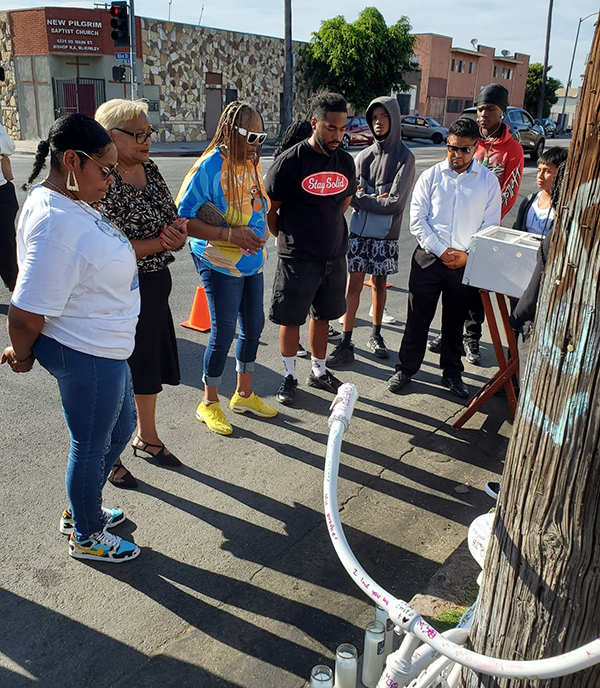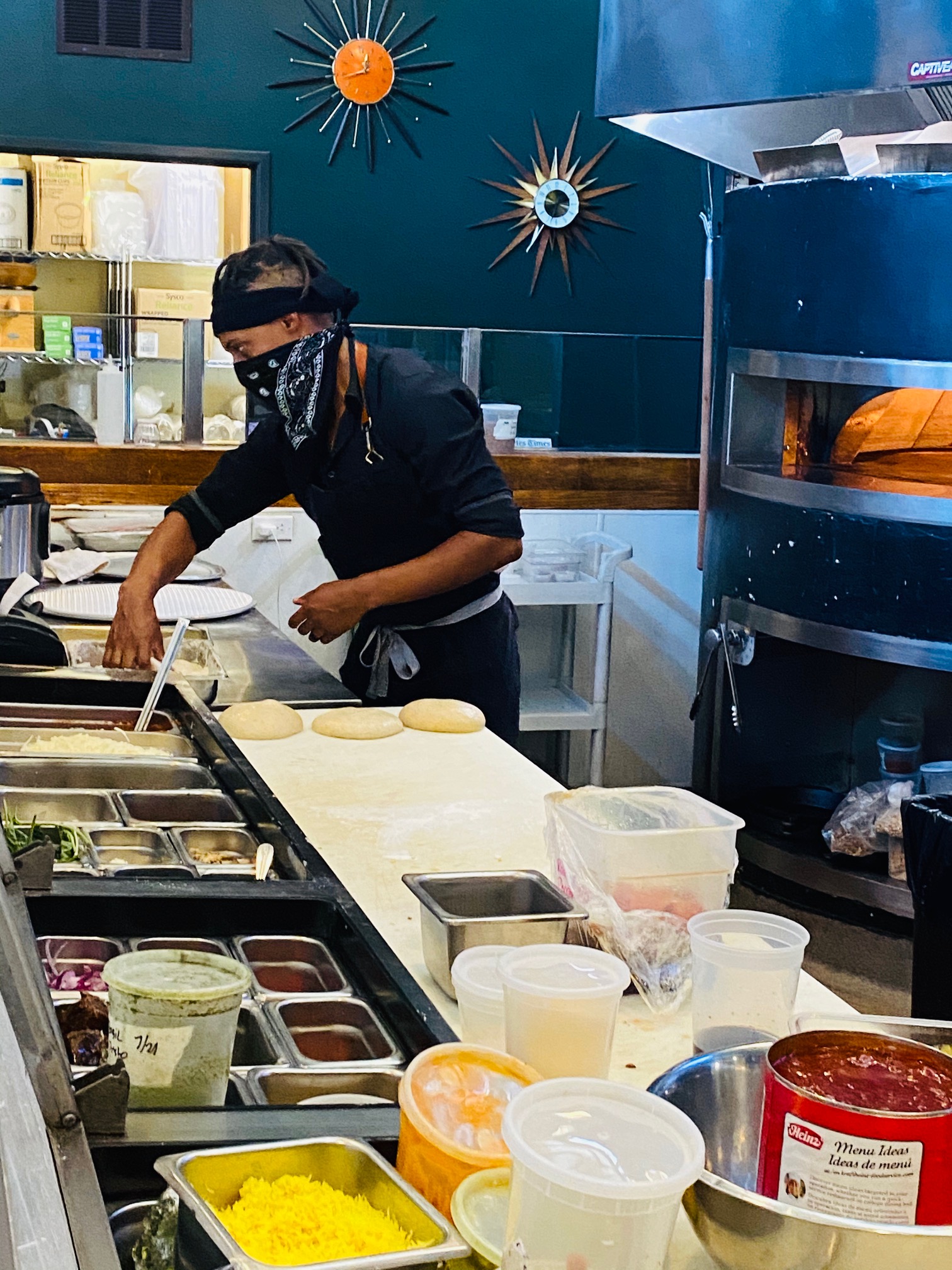L.A. business leaders warn Trump tariffs threaten California jobs and economy

LOS ANGELES — Local business leaders criticized the federal government’s trade policies July 8, saying President Donald Trump’s recently announced tariffs are straining an already struggling economy.
California Attorney General Rob Bonta hosted a roundtable in downtown Los Angeles to hear concerns from business leaders about the impact of the tariffs. Bonta previously filed a lawsuit challenging the Trump administration’s use of the International Emergency Economic Powers Act of 1977 to impose tariffs without congressional approval.
“President Trump’s destructive and unpredictable tariff regime has sent shockwaves through financial markets, businesses, and consumers in every corner of the globe — and especially here in California, home to the fourth largest economy in the world,” Bonta said in a statement.
Bonta has argued that Trump’s tariffs are damaging the U.S. financial system and harming the state’s economy.
The tariffs challenged under California’s current lawsuit are projected to shrink the U.S. economy by $178 billion, cost California consumers $25 billion, and result in the loss of over 64,000 jobs throughout the state, according to Bonta’s office.
On July 7, Trump signed an executive order extending the date for new “reciprocal” tariffs, excluding China, to Aug. 1. The tariffs were initially set to take effect July 9. The extension allows for continued negotiations with 14 countries, including Japan, Korea, South Africa, Laos, Malaysia, Indonesia and Bangladesh.
According to the White House, President Trump sent letters to those countries explaining that, starting Aug. 1, they will be subject to new reciprocal tariff rates “designed to make the terms of our bilateral trade relationship more reciprocal over time and to address the national emergency caused by the massive U.S. goods trade deficit.”
It was noted that in some instances, countries will be subject to lower rates compared to those initially announced on April 2 while others may be higher.
Trump has said the tariffs aim to promote domestic building and manufacturing and pledged to fast-track approvals to bring back American jobs.
At the roundtable, Henry Rogers, executive director for Harbor Association of Industry & Commerce, said the tariffs have created “unprecedented uncertainty” for harbor businesses, which make it challenging to plan shipments or investments.
“As representatives of companies on the front lines of global trade through the Ports of Los Angeles and Long Beach, we need the predictability our industry requires to continue supporting California’s economy and the jobs that depend on efficient international commerce,” Rogers said in a statement.
Nella McOsker, president and CEO of the Central City Association, representing downtown businesses, said the tariffs are threatening the construction, manufacturing and retail sectors.
“Combined with immigration raids that terrorize small businesses, their employees, and potential patrons — especially in downtown L.A. — these federal actions are unnecessarily destabilizing our workforce, hindering economic growth, and jeopardizing the well-being of our communities,” McOsker said in a statement.
Also attending the roundtable was Maria Salinas, president and CEO of the Los Angeles Area Chamber of Commerce.
“Tariffs create real-life consequences for businesses across Los Angeles, especially small businesses that often can’t absorb sudden costs or supply chain disruptions,” Salinas said. “These businesses are the backbone of our local economy, driving innovation, creating jobs, and supporting working families. The chamber supports efforts to challenge harmful trade policies and advocate for a fair, predictable environment where all businesses can compete and thrive.”





